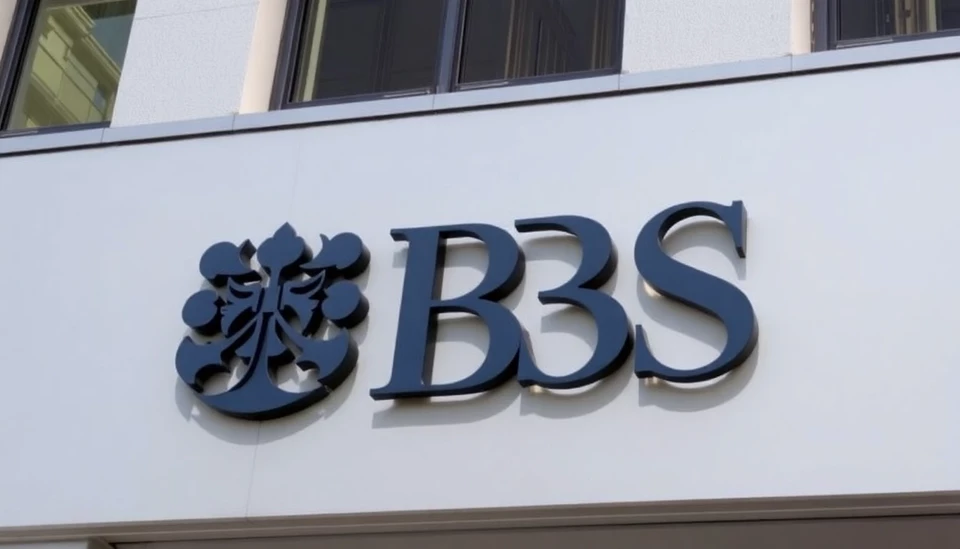
In an innovative move aimed at expanding investment opportunities for retail investors, private credit companies have begun to launch exchange-traded funds (ETFs) that are compatible with popular trading platforms such as Robinhood. This development signifies a growing trend where alternative investment vehicles, particularly in private credit, are becoming more accessible to a wider audience.
Traditionally, private credit investments have been the domain of institutional investors and high-net-worth individuals, but the introduction of these ETFs marks a pivotal shift in the financial landscape. With the allure of potentially higher returns compared to standard fixed-income products, ETFs concentrating on private credit allow average investors to diversify their portfolios with less capital upfront.
Industry experts suggest that this trend is not only a response to increasing demand for alternative investments but also a consequence of the democratization of finance, where retail investors are eager to explore options beyond conventional stocks and bonds. By utilizing platforms like Robinhood, which is known for its user-friendly interface and zero-commission trading, these ETFs aim to simplify access and offer competitive returns while helping investors navigate the complexities often associated with private credit investing.
Moreover, the introduction of these products is coming at a time when interest rates are on the rise. As fixed-income investments face pressure from higher borrowing costs, these private credit ETFs may provide an attractive alternative for mitigating risk while seeking yield. With increasing volatility in the market, investors are keen to embrace new strategies to bolster their financial growth while hedging against potential downturns.
Financial analysts warn, however, that while these ETFs could offer promising opportunities, investors should approach them with caution. Private credit investments, although potentially lucrative, carry inherent risks including illiquidity and credit risk which may not be as transparent as traditional investment products. Thorough due diligence and a firm understanding of these risks are essential for anyone considering this investment avenue.
As the financial landscape continues to evolve, the entry of private credit ETFs into the retail market signifies a significant milestone in the integration of alternative investments into mainstream financial platforms. This groundbreaking trend mirrors a larger movement within the finance industry toward inclusivity and accessibility, ultimately aimed at empowering the average investor.
With this new range of products, private credit firms are tapping into the needs of a growing demographic of individual investors who are looking for flexible and diverse asset classes to round out their portfolio. As these ETFs gain traction, it will be interesting to see how traditional asset managers and investment firms alter their strategies in response to this disruptive innovation.
In summary, as private credit firms venture into the ETF space on platforms like Robinhood, they are not just creating investment opportunities; they are reshaping the future of personal finance for retail investors who are eager for alternatives in the current economic climate.
#PrivateCredit #ETFs #Robinhood #InvestmentOpportunities #FinancialInnovation #RetailInvesting #AlternativeInvestments
Author: Victoria Adams




